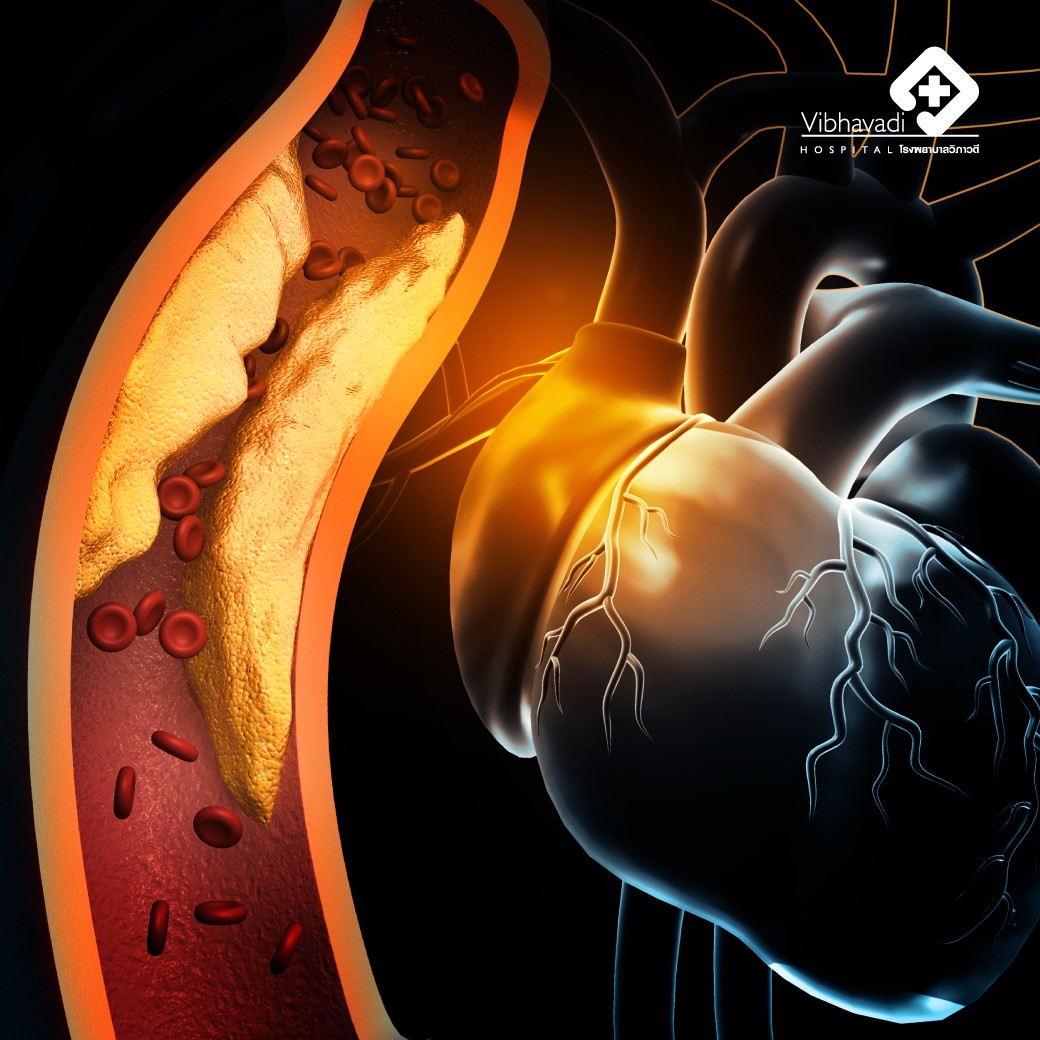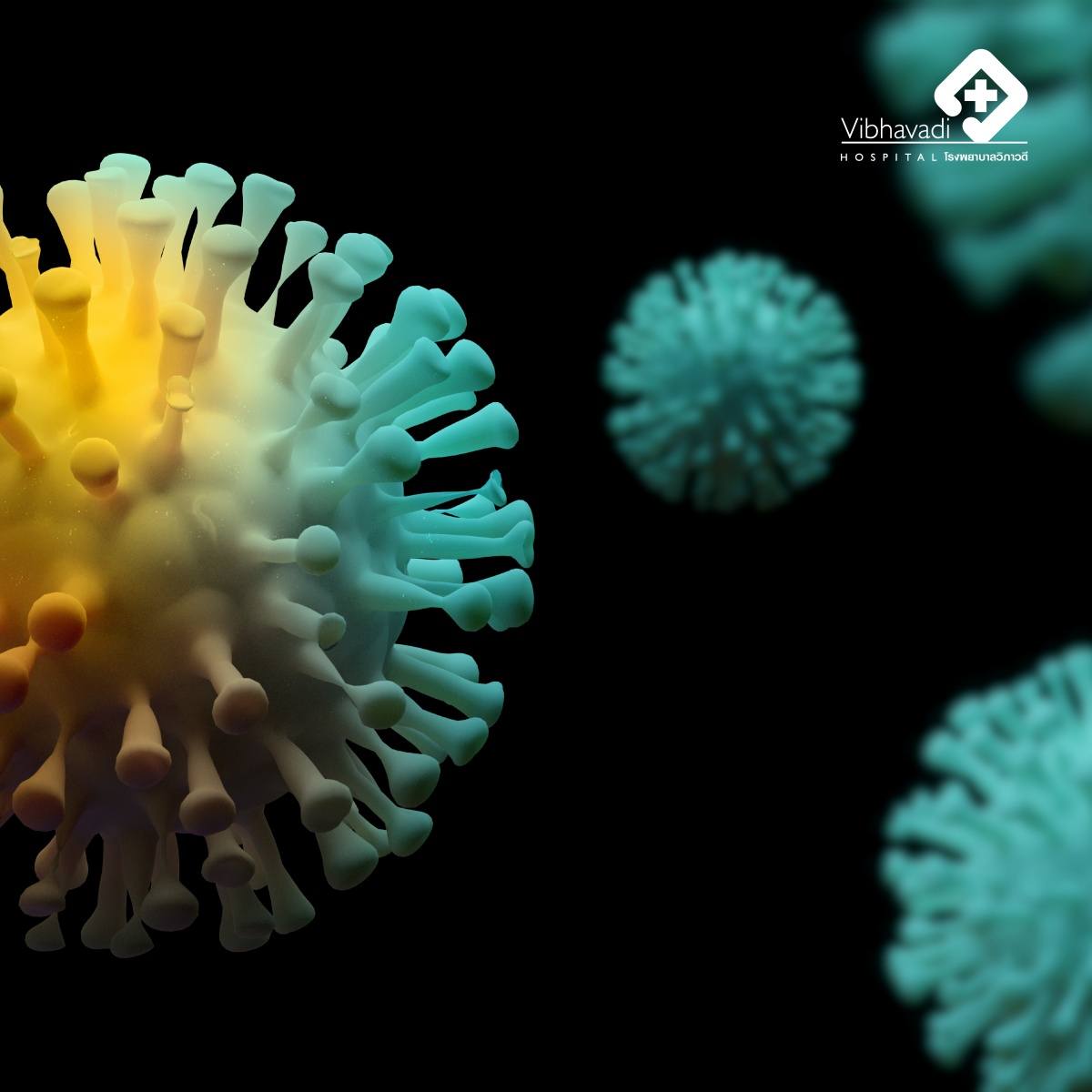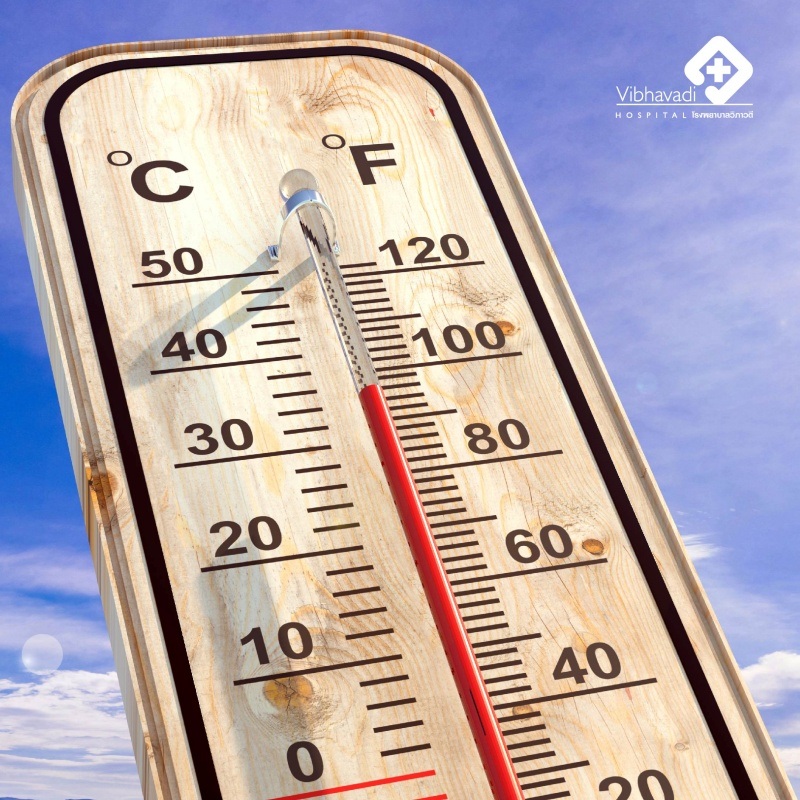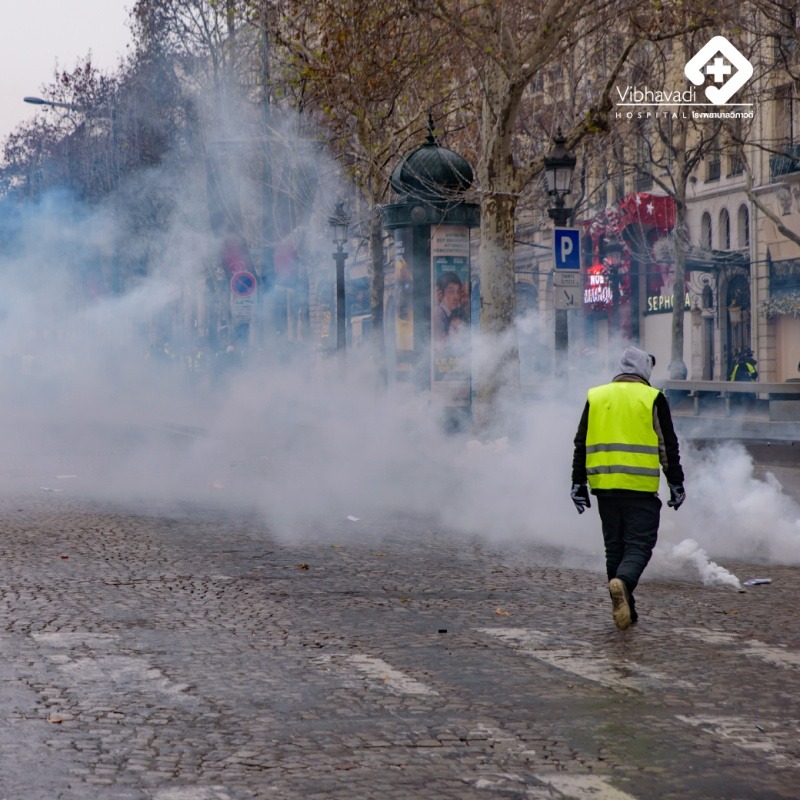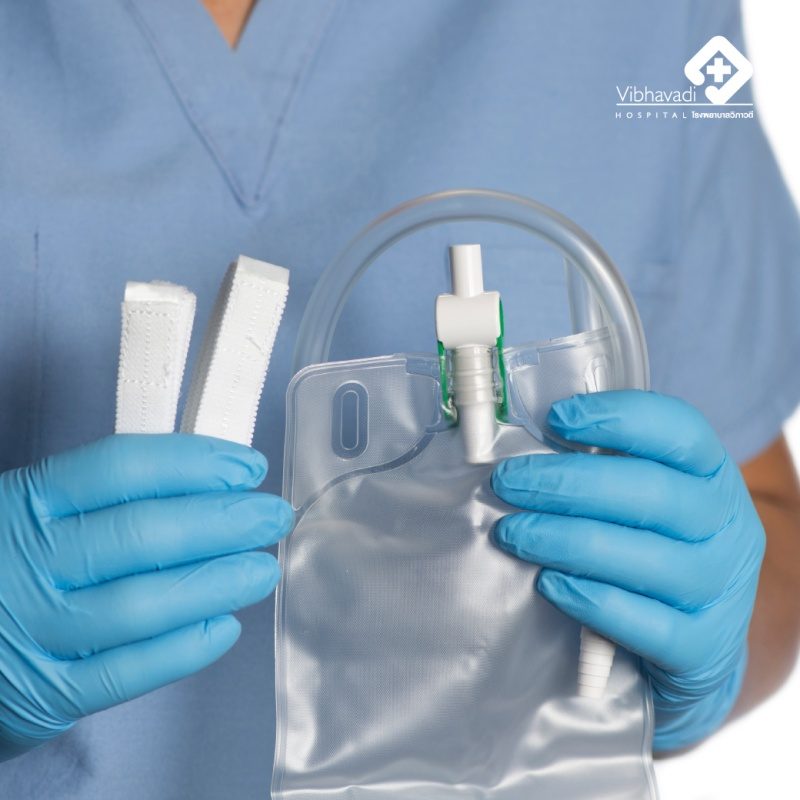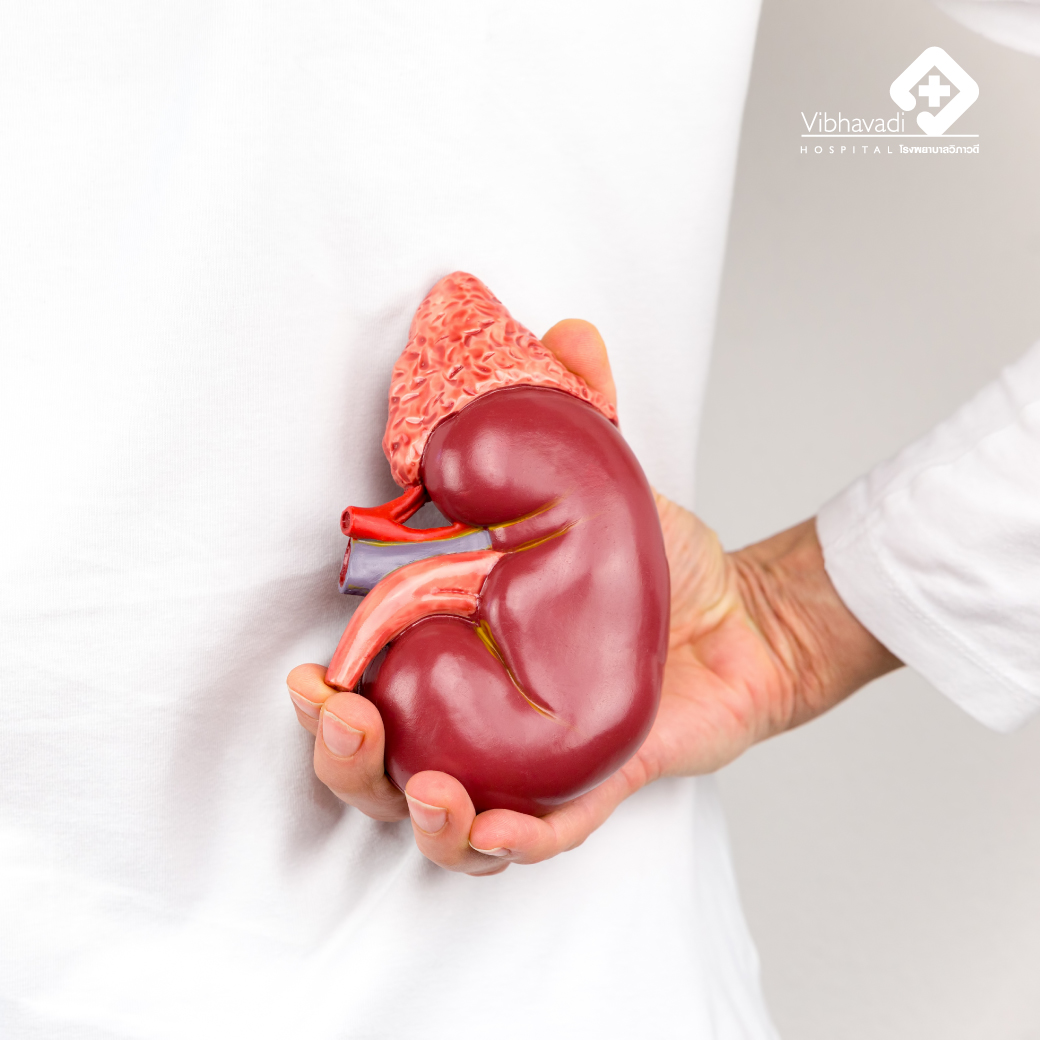When Your Child has Asthma
When Your Child has Asthma
If you suspect that your child has asthma, there are a few signs you should look out for. Your child may breathe faster and harder than usual, and you may hear a wheezing sound while they are breathing. Additionally, their chest may appear sunken and their nose may be flared. If your child can talk, they may tell you that they feel tired, have chest tightness, and that it is difficult for them to breathe. In more severe cases of asthma, your child may be too tired to speak and their lips may have a dark green color. If you are concerned that your child may have asthma, it is important to contact Asst. Prof. Apassorn Wattanasomsiri, Pediatric Respiratory Medicine, Vibhavadi Hospital to receive further advice.
How do you know your child has asthma?
Your child will breathe faster and harder than usual. A wheezing sound may be heard while breathing, a sunken chest, and a flared nose may be seen. Children who can talk will say they are tired, have chest tightness, and have trouble breathing. If it's a lot, the child will be so tired that he doesn't have the energy to speak. May find that the lips have a dark green color.
What is the difference between breathlessness and asthma?
Breathlessness can be caused by bronchitis, pneumonia, or aspiration of a foreign body into the trachea. Asthma is caused by narrowing of the bronchial tubes. when receiving stimulants May occur quickly and intermittently, improving immediately when receiving bronchodilators. But in young children, it may start with a cough. especially at night When there are more symptoms, it will be clearly panting.
Why does the child suffer from asthma?
Oftentimes, frogs lack protection that has been inherited, leaving them particularly vulnerable to allergens such as dust mites, dandruff, pet hair, pollen, and cockroaches. Other non-allergenic factors such as exercise, addiction, respiratory viruses, and cigarette smoke can also trigger symptoms in Thai children. These allergens can be found on pillows, duvets, mattresses, and other household items.
Treatment for children with asthma
Parents, it is important to take your child to see a doctor to see if the breathlessness they have is caused by asthma. If so, the doctor will give them bronchodilators, and in some cases may also prescribe oxygen. Your child's symptoms should improve over time and the doctor will check for any other diseases that may be present. The doctor will also recommend medications that can be taken at home, both in pill form and inhalation, as well as provide advice on how to manage asthma symptoms at home. It is important to continue to bring your child to receive treatment as needed.
Is it possible for my child to lead a normal life? What safety measures should I consider?
Children with asthma are just like any other children, but they must be extra careful. Avoid anything that may trigger their symptoms, such as dust mites. Therefore, there should be no fluffy dolls or other items that collect dust in the bedroom. Bed linens should be washed in lukewarm water, around 60 degrees Celsius, for at least half an hour once a week, or a special type of bed cover may be used to prevent dust mites. The bedroom should be kept open to allow sunlight and fresh air during the day, and duvets and pillows should be taken out into the sun regularly. If vacuuming is necessary, adults should not smoke inside the house and pets should be kept outside, or at least not in the child's bedroom. Also, crowded and smoky places should be avoided, as well as children who are coughing and sneezing. In some cases, doctors may use a pulmonary function monitor to detect when the child is having an asthma attack and administer medication in a timely manner.
What actions should I take if my child is panting at home?
Have your child rest in a well-ventilated area. Use the bronchodilators prescribed by your doctor and keep them with you at all times. Do not be alarmed if you continue to experience shortness of breath. If necessary, the medication can be repeated every 15 minutes, up to three times, and then you should seek medical attention as soon as possible to ensure a proper treatment plan.
Can I take my child to exercise?
During the symptom-free period, allow your child to exercise but start off slowly and don't overdo it. In some cases, a bronchodilator should be inhaled prior. Swimming is an ideal sport for children, especially in warm weather. When exercising in an atmosphere that is too dry and cold, it can make your child breath heavily. Ensure you don't push them to the point of exhaustion.
Can I prevent my child from having asthma?
In order to build immunity to infectious diseases that can cause respiratory symptoms, it is recommended to breastfeed babies for a minimum of 4 months. To help prevent asthma attacks, one should try to stay away from other children who are sneezing or coughing, and to avoid dust, cigarette smoke, and allergens. In the case of an asthma attack, it is important to seek medical attention and to be aware of the appropriate steps to take to prevent recurrence of the attack.
When a child has asthma and needs to take medicine for an extended period of time, will there be adverse effects? Currently, doctors are attempting to administer bronchodilators as a spray which is directly inhaled into the lungs. This method is faster acting and requires a lower dosage than oral medication, so there is no need to be concerned about long-term effects. Steroid drugs, when prescribed and used in the right amount and manner under a doctor's supervision, are not hazardous.
by Asst. Prof. Apassorn Wattanasomsiri, M.D.
Pediatric Respiratory Medicine, Vibhavadi Hospital




